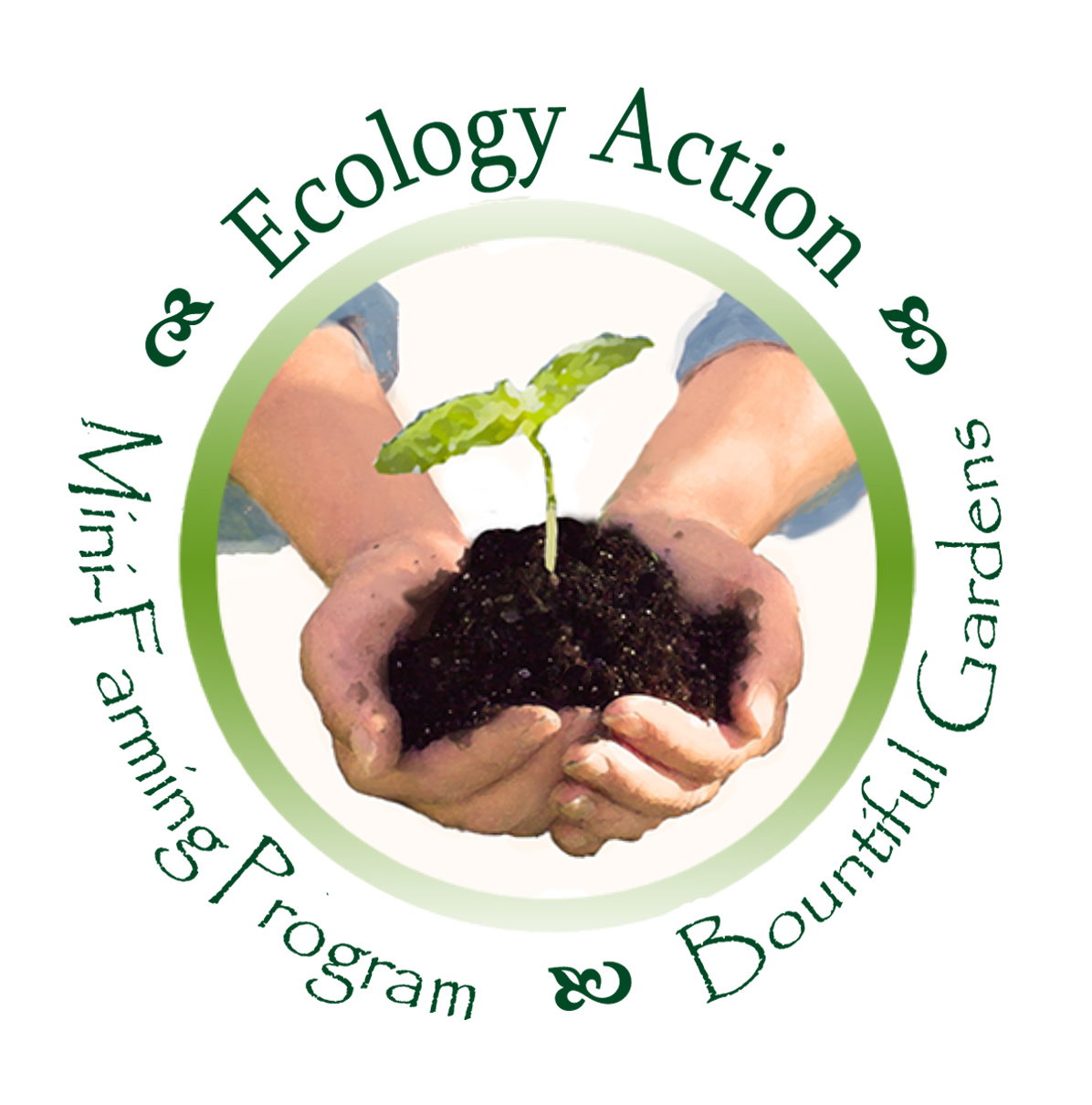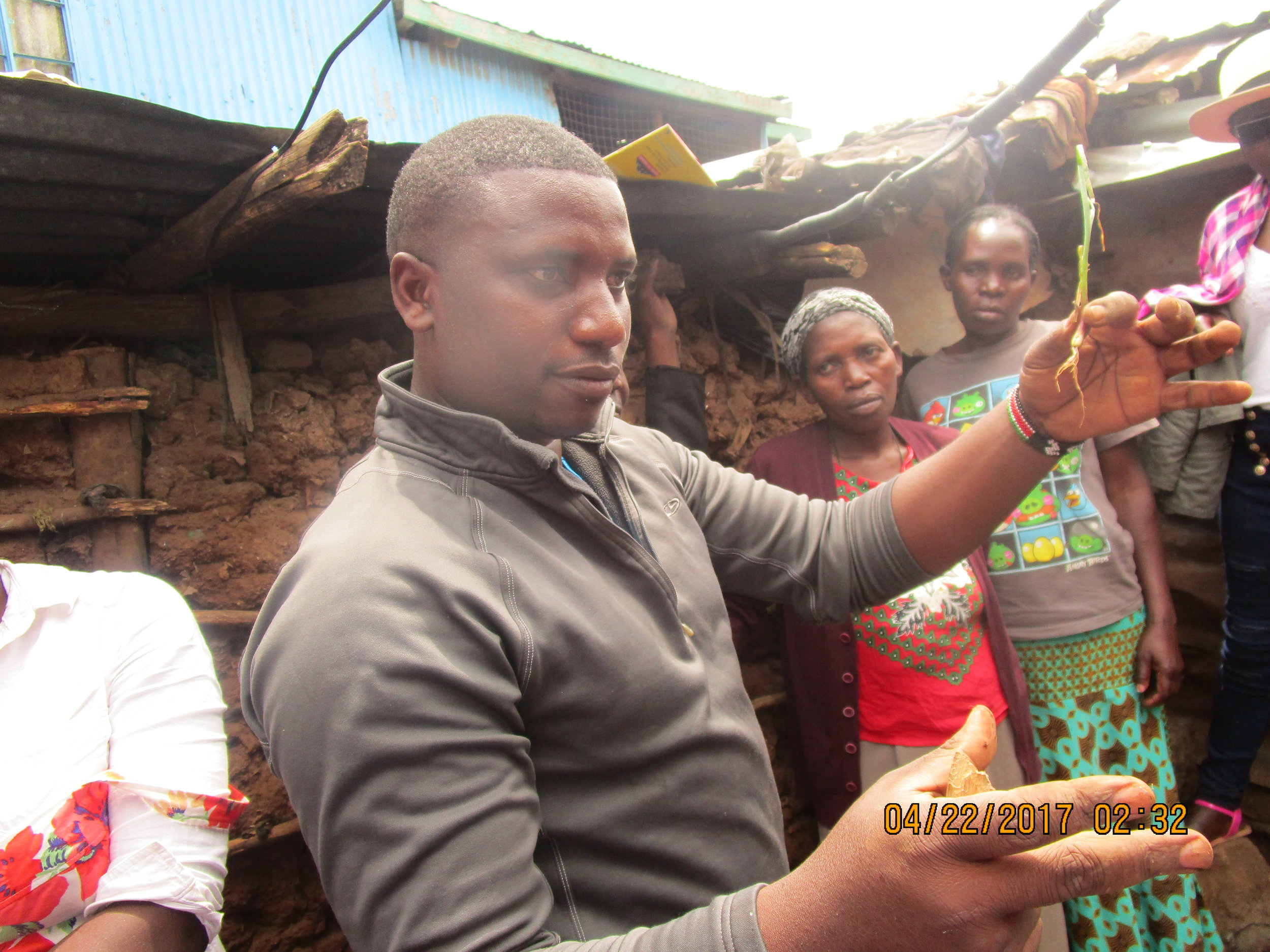Canada
Young Agrarians
Young Agrarians (YA) is a network for new and young ecological and organic farmers. Since it started in January 2012, the network has grown across Canada from coast to coast through farmers organizing events (mixers, farm tours & potlucks, apprentice meet-ups, etc.), contributing to the blog, adding resources to the U-MAP, and more!
Young Agrarians is made up of a diverse array of food growers and lovers: rural and urban farmers, market gardeners, seed savers, food activists, bee keepers, community gardeners, food/farmer organizations and more — working to steward land and soil, and grow our local food systems.
In British Columbia, YA delivers the B.C. Land Matching Program, providing hands-on, personalized land linking services in the Columbia Basin, Okanagan, Metro Vancouver, and Vancouver Island. Thanks to this service the Kootenay Society for Sustainable Living was able to meet with local land owners and created a partnership that now supports our Research and Demonstration Mini-Farm.
The Young Agrarians Business Mentorship Network pairs new farmers in start-up with a mentor and provides business development support.
The YA website offers a wide variety of farm-business related information, resources and tools, job postings, and the YA U-MAP with everything new entrants need to start and run a farm! Check out the YA blog for the Farm the Basin blog series featuring more interesting, inspiring and innovative farmers from across the Columbia Basin!
The United-States
Ecology Action
Since 1972 we and our colleagues have been researching and developing GROW BIOINTENSIVE, a high-yielding, sustainable agricultural system that emphasizes local food production and is based historically on intensive gardening systems.
Victory Gardens For Peace
A Research and Demonstration site and training centre located at the Standford Inn near Fort-Bragg California. Managed by Certified GROW BIOINTENSIVE Teacher Matt Drewno, this site offers internships, workshops, and tours. Matt also operates Rhythmic Waters, an open-source free seed bank.
M.E.S.A
MESA envisions a world where farmers and indigenous heritage are celebrated as the heart of community resilience and communities around the world revitalize their food and farming systems to nourish people and the planet.
This is a world where the popular social paradigm is people and earth centric, rather than profit-driven, and where the biological and cultural diversity of ecosystems and humankind is honored and preserved.
Golden Rule Community
Located on Ridgewood Ranch near Willits California, the Golden Rule Garden has been in chemical-free cultivation since 1968.
In 2000 a partnership was initiated with Ecology Action, a non-profit organization that teaches GROW BIOINTENSIVE®sustainable agriculture. In this arrangement some EA interns and apprentices are housed at the site and given the opportunity to exercise their learning in exchange for helping the Golden Rule community grow some of its food.
Steve Moore
Steve Moore, Professor of AgroEcology at Elon University, in North Carolina, is a specialist in use of energy in farming with GROW BIOINTENSIVE and conventional practices. He operates the first Certified GB Mini-Ag Center/Soil Test Station to enhance our knowledge of soil sustainability.
He has created a Bachelor’s Degree program in Sustainable Food Systems with GB techniques at its core and successfully established a cooperative agreement between the Peace Corps and Elon University resulting in a program with a Peace Corps Prep Certification incorporating Biointensive aspects.
John Beeby
Grow Your Soil provides comprehensive and accurate organic fertilizer recommendations for farmers and gardeners around the world. Grow Your Soil is committed to doing all that it can to facilitate soil improvement throughout the world by ensuring that the organic fertilizers it recommends are both available and affordable to the growers it serves.
While the future holds immense challenges, optimizing a soil's fertility and enabling it to perform all of its important services at its maximum capacity, including growing food and capturing carbon, is something anyone can do in 2 to 3 years with the desire and a little guidance.
Sherck Seeds
My goal is to provide a regionalized source of open-pollinated seed, for staple crops like rice, wheat, barley, dry beans, and many others. This website gives customers a place to browse, learn about, and purchase this seed.
Latin America
ECOPOL
Juan Manuel Martínez Valdez, founder and director of ECOPOL, became aware of GROW BIOINTENSIVE Sustainable Mini-Farming (GB) when he received a copy of the first Spanish translation of How to Grow More Vegetables that Ecology Action sent to Mexico. He tried out the method in a project he was managing and was very impressed with the results.
After several years of interaction with John Jeavons, director of Ecology Action, Juan established ECOPOL (Ecology and Population) in 1992. Its purpose was specifically to spread GB throughout Mexico and the rest of Latin America so that people could learn how to grow healthy food for themselves in a sustainable way. Through ECOPOL's work hundreds of thousands of people have been taught the GB food-growing method, a network of Biointensive trainers has been established, and many organizations are now ECOPOL's allies in this effort.
BioNica
Since 2012, the core mission of BioNica has been to provide training in best practices in sustainable small-scale agricultural – particularly carbon-intensive methods to develop and maintain soil fertility in the tropics so that the soil is capable of growing crops without synthetic fertilizers, herbicides and pesticides.
El Mezquite
Agustin Medina and Marisol Tenorio were Ecology Action Interns at the Golden Rule Garden Mini-Farm in 2007. They have since become Certified Teachers at the Basic- and Intermediate-Level and are currently in charge of the GROW BIOINTENSIVE Certified Teacher Program in Latin America, and have their own Mini-Farm—El Mezquite—in Aguascalientes state, Mexico.
Kenya
G.B.I.A.C.K
The Grow Biointensive Agriculture Center of Kenya demonstrates, trains and promotes GROW BIOINTENSIVE agriculture methods and other appropriate community development techniques for sustainability among small-scale farm holders in Central, Eastern, and Nairobi Provinces in Kenya.
G-BIACK initiatives aim at eradicating poverty and improving the living standards of resource poor communities by promoting ecologically viable development strategies for sustainable and quality livelihoods.
C.E.S.B.A
Community Empowerment through Sustainable and Bio-Intensive Agriculture is a community based organization located near Nairobi Kenya and in its initial stage of development.
After I returned to Kenya from my 8 month GROW BIOINTENSIVE internship, I started to establish CESBA. Our mission is to empower small scale farmers with sustainable, environmentally friendly Biointensive methods and practices that will lead to resilient and empowered communities and improved livelihood and health.
We focus on training small scale farmers in Ongata Rongai and Kiserian division of the larger Kajiado county with sustainable farming techniques so as they can grow their own food to feed themselves and sell the surplus for economic empowerment. We train and then keep close contact with farmers to ensure their success.
We address community food insecurity issues and economic empowerment, and teach individual families to take responsibility for what they grow and eat. We strive to reach and empower 1000 households, create market links for all the farmers produce and involve youth in agriculture projects.
Small scale farmers are responsible for feeding the world, so empowering them with the sustainable farming methods and linking them directly to markets eliminating the middle men who exploit farmers means more food secure and economically empowered community.













